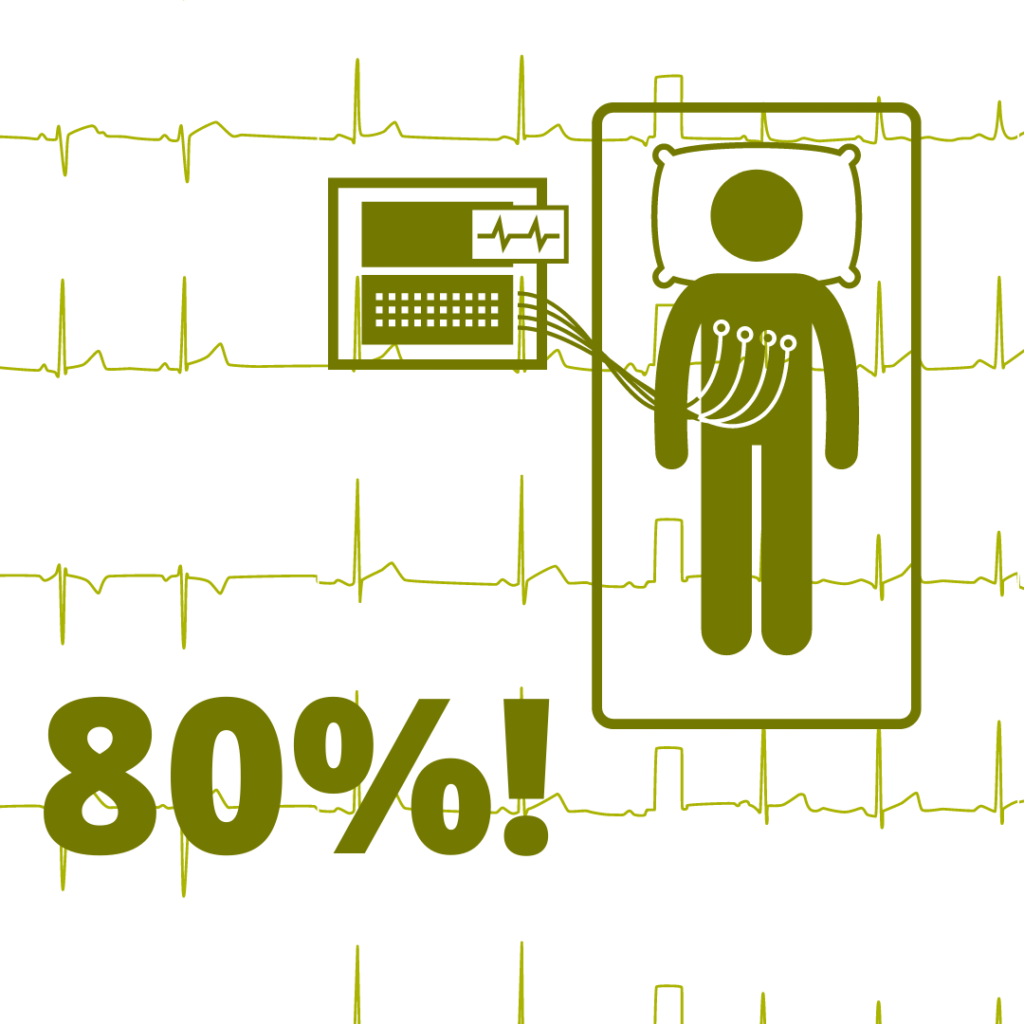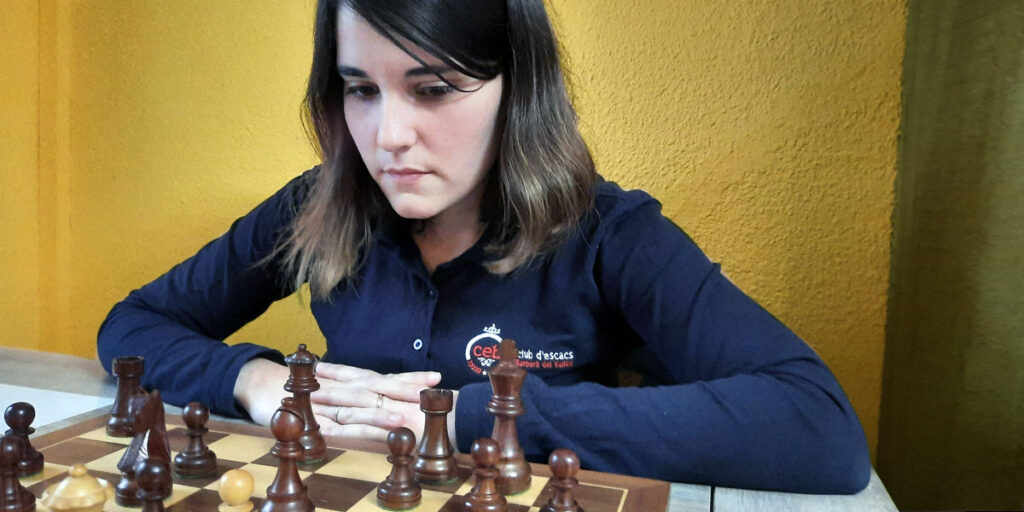Taking risks is what science is about. You put all your efforts to pursue one objective and you can either lose or achieve your goal. But losing is not always bad, sometimes during the process you gain and learn new things that you wouldn’t have achieved if you had done things differently. Situations like this also happen in chess. For instance, a gambit is the action of sacrificing some material (usually a pawn) to achieve another kind of advantage, so it often involves taking risks. At IBEC we have an expert both in science and chess. Her name, Yolanda Castillo, from now on, IBEC’s Gambit, soon you will discover why.
Yolanda first came to IBEC in 2014 as a bachelor student at Pere Roca-Cusach’s lab and then returned in 2015 to Santiago Marco’s lab, in both cases to do an internship for her biomedical engineering degree. Then, in November 2015 she arrived to Raimon Jané’s lab, for her master’s thesis. Now she is at her third year of her PhD thanks to the fellowship she obtained with La Caixa.
Yolanda processes and interprets biomedical signals for monitoring sleep disorders and evaluating motor and postural control in patients with spinal cord injury. To do so, she is testing and developing new sensors and portable equipment, such as a smartphone for monitoring sleep apnea at home.
Spinal cord injury is the world’s second leading cause of paralysis, accounting for more than 30% of all cases and involves many other health complications, such as difficulty to maintain balance and respiratory dysfunction, especially at night.
 Most therapeutic efforts with these patients are aimed at improving or restoring motor function, but core stability and sleep quality are usually neglected and there are very few studies in this regard. Currently more than 80% of the patients that suffer from sleep apnea are undiagnosed and untreated! The acquisition and analysis of biomedical signals can help revealing information of high clinical value to better understand how the neurological circuit is affected by the injury and develop methods for a quantitative and objective assessment of patients ’condition.
Most therapeutic efforts with these patients are aimed at improving or restoring motor function, but core stability and sleep quality are usually neglected and there are very few studies in this regard. Currently more than 80% of the patients that suffer from sleep apnea are undiagnosed and untreated! The acquisition and analysis of biomedical signals can help revealing information of high clinical value to better understand how the neurological circuit is affected by the injury and develop methods for a quantitative and objective assessment of patients ’condition.
And that’s where Yolanda and Raimón Jané’s team are placing their efforts. They are making movements towards the diagnosis of sleep apnea and to understand better the damages in the neuronal circuit of people suffering from spinal cord injury. One of Yolanda’s greatest achievements here at IBEC is the development of an algorithm based on the analysis of acoustic signals of breathing and snoring, obtained with a smartphone, to detect sleep apnea at home, which was also her first published paper.
 Now they are taking a step forward and they want to apply this technology to monitor sleep quality in patients with spinal cord injury. In science, every time you open a new research line or want to try things differently, infinite possibilities and paths open in front of you. Same thing happens in chess. Did you know that chess games are almost endless? The number of possible different positions after the first 10 moves is 165 and a half quadrillion (165,518,829,100,544,000,000,000,000,000). This means that a supercomputer like the MareNostrum, working at full power, would take over 1,000 years to calculate all the positions after only the first 10 moves!
Now they are taking a step forward and they want to apply this technology to monitor sleep quality in patients with spinal cord injury. In science, every time you open a new research line or want to try things differently, infinite possibilities and paths open in front of you. Same thing happens in chess. Did you know that chess games are almost endless? The number of possible different positions after the first 10 moves is 165 and a half quadrillion (165,518,829,100,544,000,000,000,000,000). This means that a supercomputer like the MareNostrum, working at full power, would take over 1,000 years to calculate all the positions after only the first 10 moves!
As we first announced at the beginning of this story, Yolanda Castillo is a chess passionate and expert. She is a federated chess player since she was 12, and she has taken part in numerous championships and in 2008 she was Spanish champion with the Catalan National Team, after, in 2018, she became the Women’s Chess Champion of Catalonia.
She tells us that chess has helped in her research career as it enhances skills such as concentration, memory, creativity, logical-mathematical reasoning… But for her, the most important thing is that “when you are in front of the board, you must be constantly making decisions, and you are solely responsible for the consequences. In this way, you learn to make decisions and own your mistakes and successes, while working on self-confidence, responsibility and resilience.”
Another of Yolanda’s passions is traveling, and who doesn’t? She has been in 52 countries! Easily said than done! Together with her partner they have a website where they give useful traveling information and share their experiences. What she likes the most is to visit exotic destinations and she likes to go with the flow: they don’t book hotels, they don’t have schedules or a defined agenda. Each day is a new adventure!
Now you know a little bit more from Yolanda (IBEC’s gambit), her three passions (science, chess and traveling) have one thing in common: all of them offer infinite possibilities each time you place yourself in square 1.



